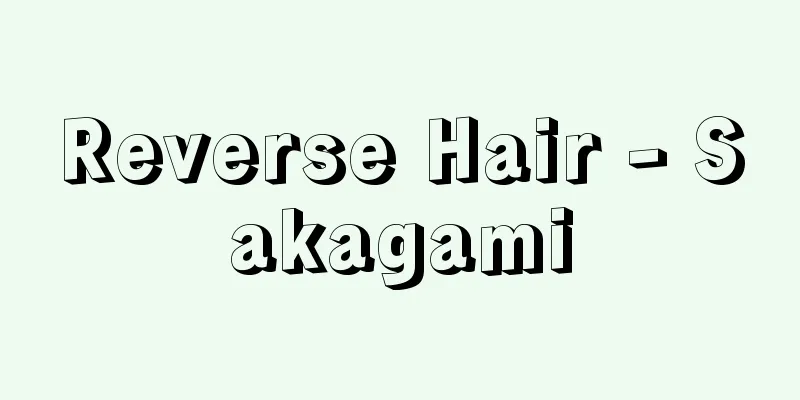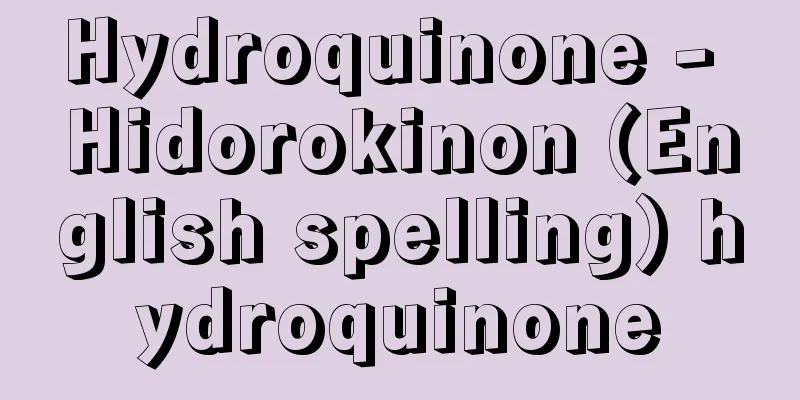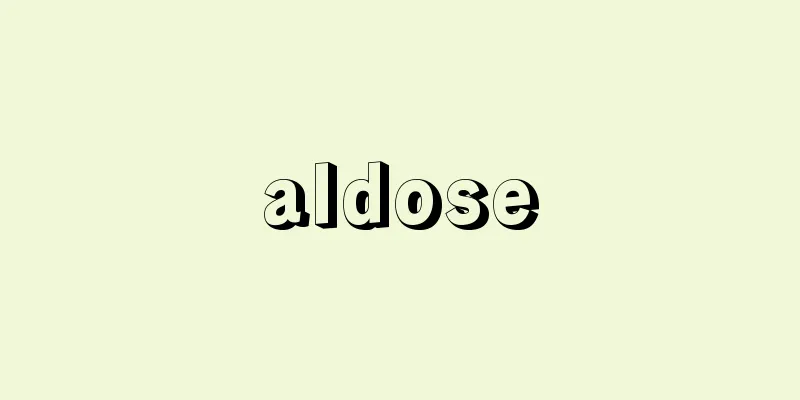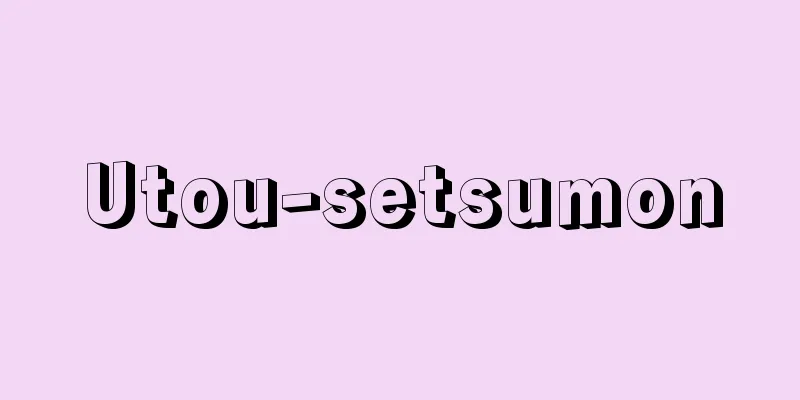Oral Argument - koutou benron

|
Generally speaking, it refers to a civil procedure in which the court in charge of a case hears oral arguments from both parties in an open courtroom. It is a procedure that gives the parties and interested parties a fair and equal opportunity to state their case in an open courtroom, and embodies the basic principles of the modern judicial system. It is also a method of trial that is inseparable from or closely linked to principles such as orality, openness, and directness. Therefore, oral arguments are the most important part of civil judicial procedures, and the "trial adversarial" in Article 82, paragraph 1 of the Constitution is interpreted to refer to oral arguments in civil judicial procedures. In principle, oral argument is required to render a judgment, and only the statements made at oral argument are used as materials for the trial (mandatory oral argument, Civil Procedure Act Article 87, paragraph 1). However, there are exceptional cases where oral argument is not required to render a judgment (Civil Procedure Act Articles 140, 256, paragraphs 1 and 2, and 290, etc.). In contrast, oral argument is not necessarily required for a judgment to be rendered in cases involving provisional attachment and provisional disposition procedures, and other matters to be adjudicated by decision or order, as these require prompt processing or do not ultimately determine rights or obligations, and the decision as to whether to use oral argument or not is left to the discretion of the court (optional oral argument, Civil Preservation Act Article 3 and Civil Procedure Act Article 87, paragraph 1, proviso). Furthermore, the term (mandatory) oral argument is used in two broad and narrow senses. In the narrow sense, it refers only to the arguments of the parties in a civil lawsuit (all oral statements made by the parties to maintain or reject a lawsuit). In the broad sense, it is used to include the above as well as the court's actions in directing the proceedings, taking evidence, and delivering a judgment. Evidence can be presented outside of the court date and evidence can be taken outside of court, but the results of the taking of evidence must be presented at the oral argument. Although methods of attack and defense must be presented at an appropriate time according to the progress of the lawsuit (Civil Procedure Act, Article 156), even if oral arguments are held for a long period of time (multiple times), the actions taken at any time are of equal value and are not inferior to one another, and are considered to have been presented at the same time when oral arguments are concluded (unity of oral arguments). Oral arguments are conducted by the presiding judge, and when the court deems the case ripe for a decision, it concludes the oral arguments and issues a final judgment (Civil Procedure Act, Article 243, Paragraph 1). Oral arguments that have concluded can be resumed if necessary (Civil Procedure Act, Article 153). [Yoshinobu Homma] [Reference] | |Source: Shogakukan Encyclopedia Nipponica About Encyclopedia Nipponica Information | Legend |
|
一般的には、事件を担当する裁判所が、公開の法廷で当事者双方の口頭による弁論を聞く民事訴訟上の手続をいう。公開の法廷で、当事者・利害関係人にその言い分を公平・平等に述べる機会を与える手続であり、近代裁判制度の基本原則を体現するものである。また、口頭主義、公開主義、直接主義などの諸原則と不可分あるいは密接に結び付く審理方式でもある。したがって、口頭弁論は民事裁判手続のなかでももっとも重要な部分であり、憲法第82条1項の「裁判の対審」は民事裁判手続では口頭弁論をいうと解されている。 判決をするには原則として口頭弁論によることが必要であり、口頭弁論における陳述だけが裁判の資料となる(必要的口頭弁論、民事訴訟法87条1項)。ただし、例外的に、判決をするに口頭弁論によることを要しない場合がある(同法140条・256条1、2項・290条など)。これに対し、仮差押え、仮処分の手続に関する裁判その他、決定・命令で裁判する事項は、迅速な処理を要し、あるいは権利・義務を最終的に確定するものではない場合に関するので、かならずしも口頭弁論によることを要せず、これによるか否かは裁判所の判断に任される(任意的口頭弁論、民事保全法3条・民事訴訟法87条1項但書)。 さらに、(必要的)口頭弁論ということばは、広狭二つの意味で用いられる。狭義においては、民事訴訟における当事者の弁論(訴えを維持し、あるいは排斥するための当事者の口頭陳述のいっさい)のみをさす。広義においては、前記のほかに裁判所の訴訟指揮行為、証拠調べ、判決の言渡しなどを含めた意味で用いられる。なお、証拠の申し出は期日外にもできるし、証拠調べも裁判所外でできるが、証拠調べの結果は弁論へ上程することが必要である。 攻撃防御方法は訴訟の進行状況に応じて適切な時期に提出しなければならない(民事訴訟法156条)が、口頭弁論が長時間、長期間(複数回)行われても、どの時点で行われた行為も同価値で優劣がなく、口頭弁論終結時に一時に提出されたとみなされる(弁論の一体性)。口頭弁論は裁判長が指揮し、判決に熟したと判断したときは、裁判所は弁論を終結し、終局判決をする(同法243条1項)。いったん終結した弁論も必要があれば再開できる(同法153条)。 [本間義信] [参照項目] | |出典 小学館 日本大百科全書(ニッポニカ)日本大百科全書(ニッポニカ)について 情報 | 凡例 |
<<: High Court (English: Parlement French)
Recommend
Gokase [town] - Gokase
A town in Nishiusuki County in the northern part o...
Wood and Son - Wood Fushi
These British Palladian architects, father and son...
Contarini, D.
…A Byzantine-Romanesque cathedral representing Ve...
All Romance Incident
...In 1951, the All Japan Buraku Liberation Counc...
Gajah Mada (English spelling)
?-1364 He was the prime minister of the Majapahit ...
Wound hormone - Wound hormone
〘Noun〙 (Hormon) A general term for hormonal substa...
Shimizu Mitsuo
A researcher of Japanese medieval history before ...
Kozo Uno
A representative Marxist economist born in Japan....
Joachim Lelewel
1786‐1861 Polish historian and political thinker. ...
Shizuko Yuya
1733-1752 A poet from the mid-Edo period. Born in...
Musk deer (musk deer)
It has primitive characteristics of the extant Mus...
Dermatemys mawi (English spelling) Dermatemysmawi
...There are about 182 species distributed throug...
Carthamin
C 43 H 42 O 22 (910.77). The petals of Carthamus ...
hollow sticking knife
…Blood is composed of 60-70% plasma and 30-40% re...
Garrod, AE - Garrod
… [Biochemical Genetics] With the development of ...









